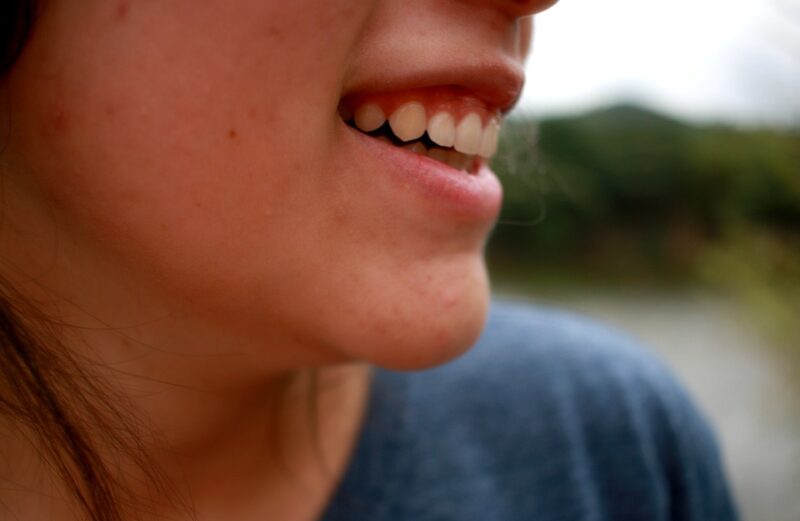Table of Contents
Top Dermatologists Share Their Secrets for Fighting Acne
Acne is a common skin condition that affects millions of people worldwide. It can be frustrating and embarrassing, but with the right treatment and skincare routine, it’s possible to control and even eliminate acne. In this article, we’ll share the secrets of top dermatologists for fighting acne, from preventing breakouts to reducing scarring.
Understanding Acne
Before we dive into the secrets of top dermatologists, it’s essential to understand what acne is and what causes it. Acne occurs when the pores on the skin become clogged with dead skin cells, oil, and bacteria. This can happen when the skin’s natural oil production is disrupted, causing the pores to become inflamed and produce pimples, blackheads, and whiteheads. Other factors that can contribute to acne include hormonal fluctuations, stress, and genetics.
Preventing Breakouts
Preventing breakouts is key to fighting acne. Here are some secrets from top dermatologists:
**Use a gentle cleanser**: Dr. Zeichner, a dermatologist in New York City, recommends using a gentle cleanser that won’t strip the skin of its natural oils. Look for a cleanser that contains soothing ingredients like aloe vera or green tea.
**Exfoliate regularly**: Exfoliating helps remove dead skin cells and unclog pores. Dr. Zeichner suggests exfoliating 2-3 times a week with a chemical exfoliant containing alpha-hydroxy acids (AHAs) or beta-hydroxy acids (BHAs).
**Use non-comedogenic products**: Non-comedogenic products are designed not to clog pores. Dr. Ellen Marmur, a dermatologist in New York City, recommends using non-comedogenic moisturizers and sunscreens to prevent breakouts.
Treating Acne
When breakouts do occur, it’s essential to treat them promptly and effectively. Here are some secrets from top dermatologists:
**Topical treatments**: Topical treatments containing benzoyl peroxide, salicylic acid, or retinoids can help reduce inflammation and unclog pores. Dr. David Lortscher, a dermatologist in San Francisco, recommends using a topical treatment containing benzoyl peroxide to help kill bacteria and reduce inflammation.
**Oral antibiotics**: Oral antibiotics can help treat moderate to severe acne by reducing bacteria and inflammation. Dr. Marmur suggests using oral antibiotics such as doxycycline or minocycline for 3-6 months to help clear up acne.
**Blue light therapy**: Blue light therapy uses a special light to kill bacteria that can cause acne. Dr. Zeichner recommends using blue light therapy as an add-on treatment to help reduce acne.
Reducing Scarring
Acne scarring can be a major concern for those who have struggled with acne. Here are some secrets from top dermatologists for reducing scarring:
**Micro-needling**: Micro-needling is a minimally invasive treatment that uses tiny needles to create micro-injuries in the skin. Dr. Lortscher recommends using micro-needling to stimulate collagen production and improve skin texture.
**Chemical peels**: Chemical peels can help reduce acne scarring by removing the top layers of the skin and promoting new skin growth. Dr. Marmur suggests using a chemical peel containing glycolic acid or lactic acid to help reduce scarring.
**Fillers**: Fillers can help fill in deep acne scars and improve skin texture. Dr. Zeichner recommends using fillers containing hyaluronic acid or calcium hydroxylapatite to help reduce scarring.
Conclusion
Fighting acne requires a combination of prevention, treatment, and patience. By following the secrets of top dermatologists, you can take control of your acne and achieve healthy, clear skin. Remember to always consult with a dermatologist before starting any new skincare routine or treatment, and don’t hesitate to seek professional help if your acne persists or worsens over time.
Recommended Products
-
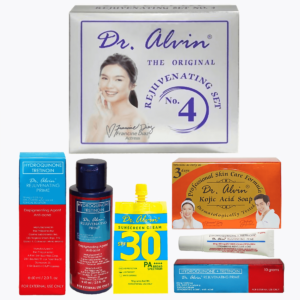 Dr. Alvin Rejuvenating Set No.4 (Prime) – Hydroquinone + TretinoinKD7.000
Dr. Alvin Rejuvenating Set No.4 (Prime) – Hydroquinone + TretinoinKD7.000 -
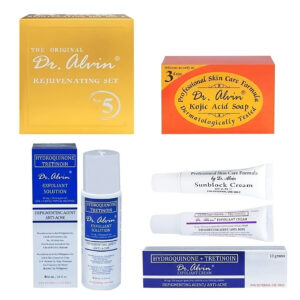 Dr. Alvin Rejuvenating Set No. 5 (Advance) – Hydroquinone + TretinoinKD7.000
Dr. Alvin Rejuvenating Set No. 5 (Advance) – Hydroquinone + TretinoinKD7.000 -
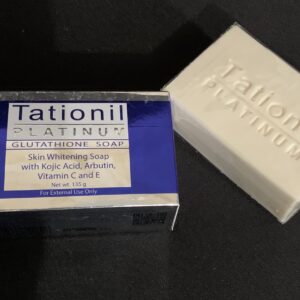 Tationil PLATINUM GLUTATHIONE SOAP by Dr. Alvin 135gKD2.000
Tationil PLATINUM GLUTATHIONE SOAP by Dr. Alvin 135gKD2.000 -
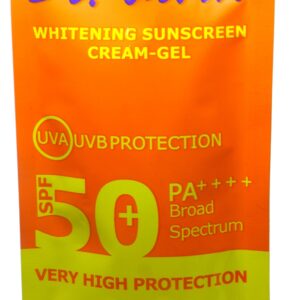 Dr Alvin Whitening Sunscreen 50 SPF PA++++ 50mlKD4.500
Dr Alvin Whitening Sunscreen 50 SPF PA++++ 50mlKD4.500 -
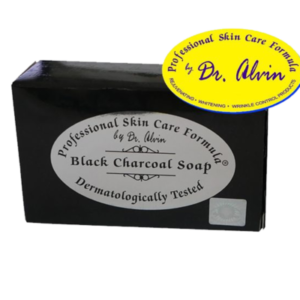 Dr. Alvin Black Charcoal Soap 135gKD2.500
Dr. Alvin Black Charcoal Soap 135gKD2.500 -
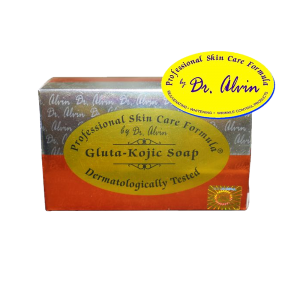 Dr Alvin Gluta-Kojic Soap 135gKD2.500
Dr Alvin Gluta-Kojic Soap 135gKD2.500 -
Product on sale
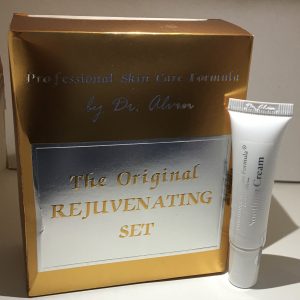 Dr Alvin Rejuvenating Set + Soothing CreamOriginal price was: KD12.500.KD9.000Current price is: KD9.000.
Dr Alvin Rejuvenating Set + Soothing CreamOriginal price was: KD12.500.KD9.000Current price is: KD9.000. -
Product on sale
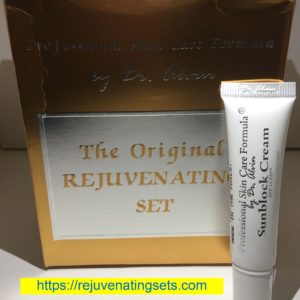 Dr Alvin Rejuvenating Set + Extra Sunblock CreamOriginal price was: KD11.500.KD9.000Current price is: KD9.000.
Dr Alvin Rejuvenating Set + Extra Sunblock CreamOriginal price was: KD11.500.KD9.000Current price is: KD9.000. -
Product on sale
 Dr Alvin Rejuvenating Set + Extra Kojic SoapOriginal price was: KD11.500.KD9.000Current price is: KD9.000.
Dr Alvin Rejuvenating Set + Extra Kojic SoapOriginal price was: KD11.500.KD9.000Current price is: KD9.000.

